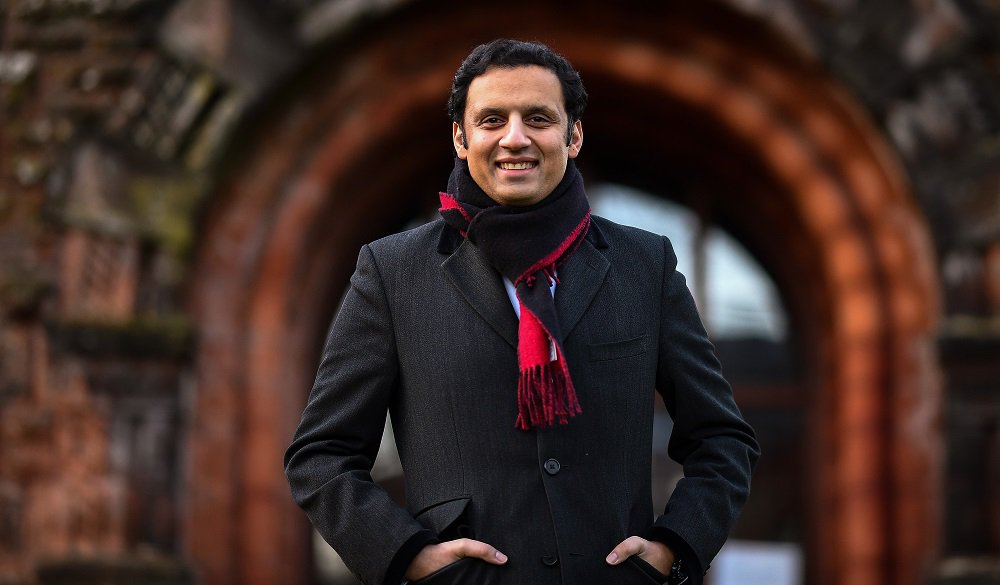
The Scottish Parliament's Cross-Party Group chair on Tackling Islamophobia says the findings of a report from the first public inquiry into anti-Muslim bigotry in Scotland should "shame us all".
Anas Sarwar MSP has been speaking to us (you can hear him below) as it has been revealed that more than four-fifths of Muslims north of the border have had direct experience of Islamophobia.
Muslim women are more likely to encounter it than men of Islamic faith.
Nearly 80% say anti-Muslim hatred is getting worse, with three-quarters saying Islamophobia is a daily or regular issue in Scottish society.
Places where anti-Muslim bigotry is said to be happening include public transport, shops, restaurants, places of education and even at work.
A total of 447 responses were received in relation to the inquiry.
Several recommendations have been made including integrating an understanding of of Islamophobia into the Scottish education curriculum and recruiting more police officers from diverse communities.
One of the recommendations is for the Scottish Government to both start a full independent review into Islamophobia and work towards a formal definition of it to promote understanding, encourage reporting and to indicate its commitment to addressing the issue.
There is also a recommendation for the government to fund and support initiatives to educate people in Scotland about the damage Islamophobia does to society in the country.
The report, supported by the Economic and Social Research Council, was authored by Professor Peter Hopkins of Newcastle University.
He has been researching the issues of Islamophobia and racism in Scotland for two decades.
Professor Hopkins said: "The evidence submitted to this inquiry makes it clear that Scotland has a very serious set of issues to address in relation to everyday Islamophobia and racism.
"Inquiry evidence included numerous references to verbal and physical abuse, attacks in and around mosques and religious buildings, and experiences of threatening behaviour on public transport.
"Almost four fifths of respondents were fearful of experiencing Islamophobia and this had real consequences for how they lived their lives.
"Islamophobia permeates all domains of Scottish society; it is not only restricted to one context.
"It threatens education, limits employment prospects, and impacts everyday issues including health, wellbeing and housing.
"It is time to address the issue of Scotland’s Islamophobia rather than denying its existence.
"The recommendations make it clear that we all sectors, agencies and departments need to make long-term changes to eradicate Islamophobia from Scottish society."
The Scottish Government says it will consider the need to get Islamophobia defined.
A spokesperson for the government said: "We are committed to tackling hate crime and prejudice, including Islamophobia in all its forms and we will carefully consider this inquiry’s recommendations.
"New hate crime laws ensure our police and courts will have the powers they need so those who would deliberately target others due to their religion or other characteristics can be prosecuted.
"Later this year we will report on the progress of our Tackling Prejudice and Building Connected Communities Action Plan, which was published in 2017 and included actions on raising awareness of hate crime and encourage reporting.
"We will develop a new hate crime strategy later this year in consultation with stakeholders.
"As part of this, we will consider the need to define Islamophobia, including consideration of the UK’s All-Party Parliamentary Group’s definition."
Anas Sarwar MSP says, not just kind words, is essential to tackle anti-Muslim predjudice:


 John Swinney announces SNP leadership bid
John Swinney announces SNP leadership bid
 Jimmy Thelin appointed new manager of Aberdeen Football Club
Jimmy Thelin appointed new manager of Aberdeen Football Club
 14°C
14°C
 13°C
13°C